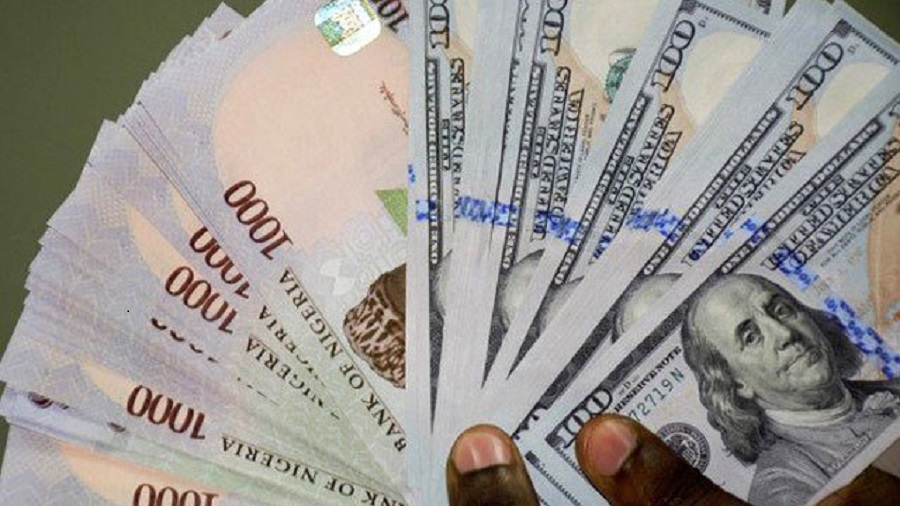Naira records depreciation as U.S. Dollar Posts Strongest Month of 2025
By Trustsdeck Newsroom
Nigerian consumers and businesses are feeling renewed pressure as the naira slipped sharply on the black market, closing the month of July on a volatile note amid strong dollar demand and surging global currency trends. At the close of Friday’s session, the naira traded at ₦1,565/$ in the parallel market its weakest showing since April. This marks a growing divergence from the official exchange rate of ₦1,533.5/$ reported by the Central Bank of Nigeria (CBN), widening the gap to ₦30/$, and raising new concerns about FX transparency and pricing inequality.
A Tale of Two Markets
While official FX rates remained mostly stable down just 0.25% from June’s ₦1,529.71/$ the parallel market’s sharp decline reflects growing consumer demand for dollars, especially among the traveling middle and upper class during the summer window. Mid-July offered a brief moment of optimism when the naira hit a four-month high at ₦1,518/$, thanks to CBN reforms and a modest uptick in foreign inflows. But that momentum has since cooled.
“This fluctuation reflects a fragile balance between market reforms and seasonal demand surges,” said an analyst at Trustsdeck Research.
Investor Sentiment Holds Ground
Despite the dip, the naira has remained relatively stable across the first seven months of 2025, supported by key policy interventions, including FX unification and investment incentives. Market confidence, however, remains mixed. A projection from Renaissance Capital warns the naira may still lose up to 26% of its value in the medium term, based on its long-term real effective exchange rate. On the upside, United Capital Research forecasts the naira will end the year within the ₦1,490–₦1,520/$ range, citing improved investor sentiment and inflows as potential stabilizers.
Meanwhile, the Dollar Dominates
Globally, the U.S. dollar posted its best monthly performance of 2025, driven by easing U.S.-China trade tensions and hawkish messaging from the Federal Reserve. The Dollar Index, which tracks the greenback against major global currencies, surged nearly 3% in the final week of July flirting with the psychological 100 mark, a level not seen in months. Despite pressure from political figures like former President Trump to cut interest rates, Fed Chair Jerome Powell held rates steady, signaling that inflation is being managed but not yet under control.
“We are watching the data closely. Premature rate cuts could reverse progress,” Powell said.
The Core PCE Price Index, the Fed’s preferred inflation gauge, ticked up to 2.5% year-on-year, slightly hotter than expected and reducing investor confidence in near-term rate cuts. Odds of a September cut fell from 63% to 43% within days.
What It Means for Nigerians
- Travel & Imports: International travel, online purchases, and tuition payments will remain expensive in naira terms.
- Consumer Prices: Imported goods and energy costs could see renewed inflationary pressure.
- Investments: Dual exchange rates create uncertainty for foreign and diaspora investors.
- Outlook: All eyes remain on the CBN’s next move and whether global tailwinds shift in Nigeria’s favor.
As currency traders weigh global data and local demand, Nigerians will continue navigating an economy caught between FX reform and international monetary tides.
Trustsdeck Consumer Briefings track trends affecting your money from inflation to exchange rates and everything in between. For regular updates, subscribe to our Finance & Currency digest.


Comments (0)